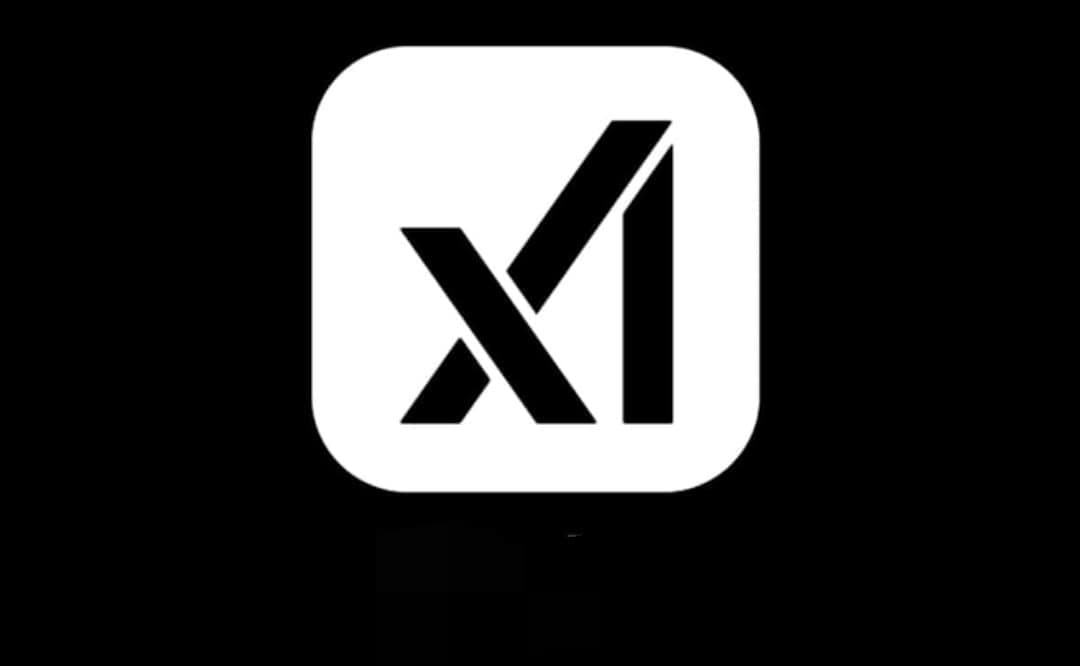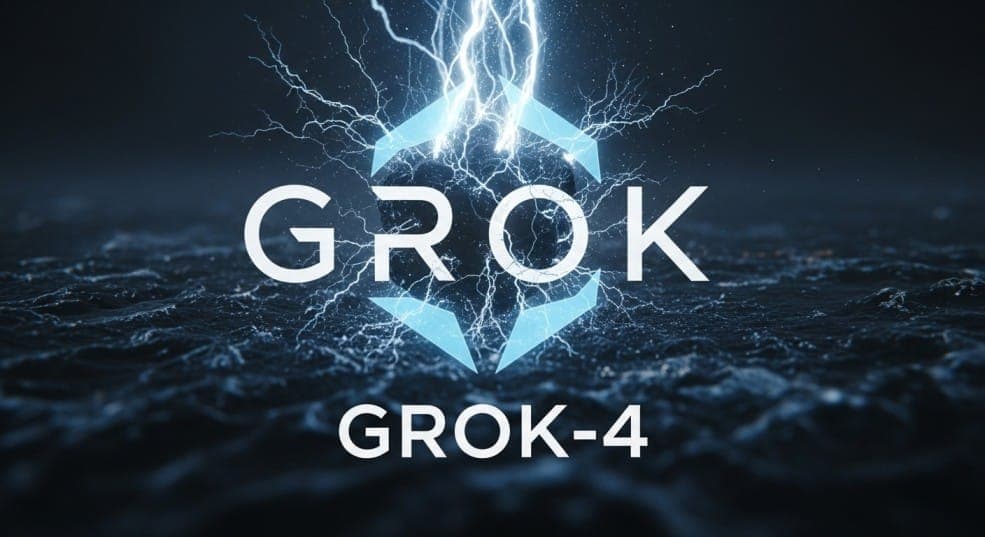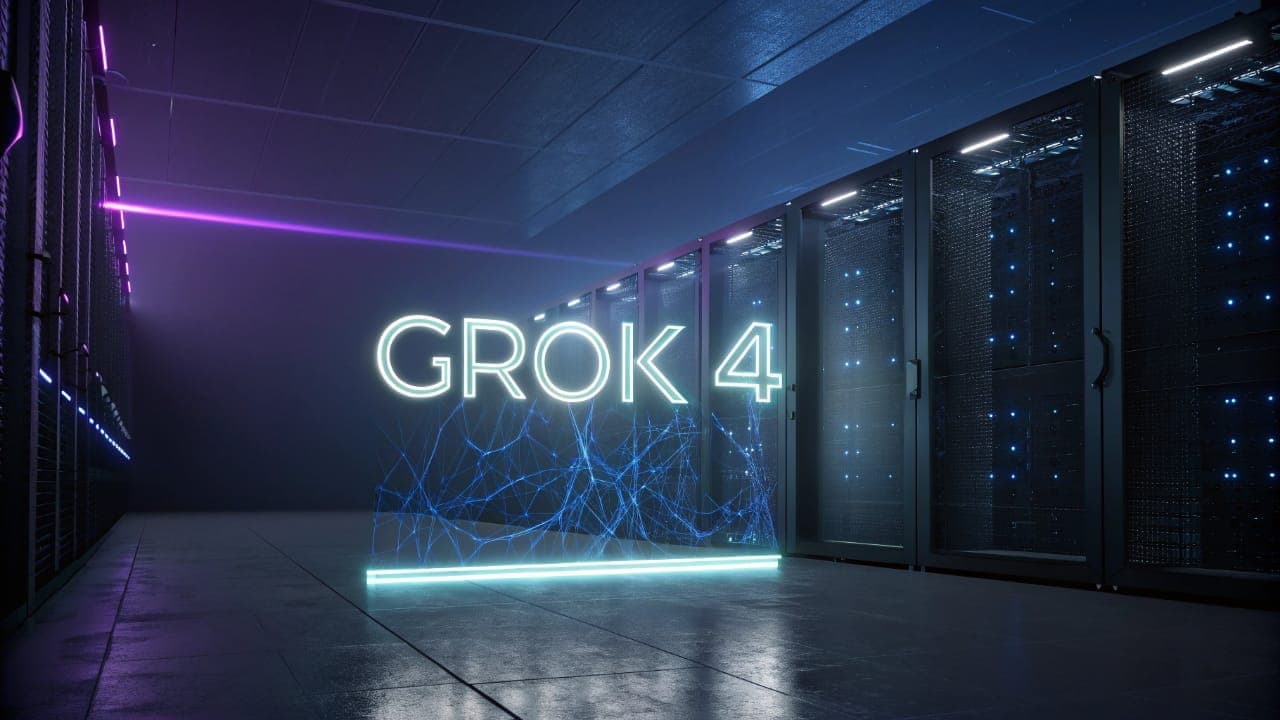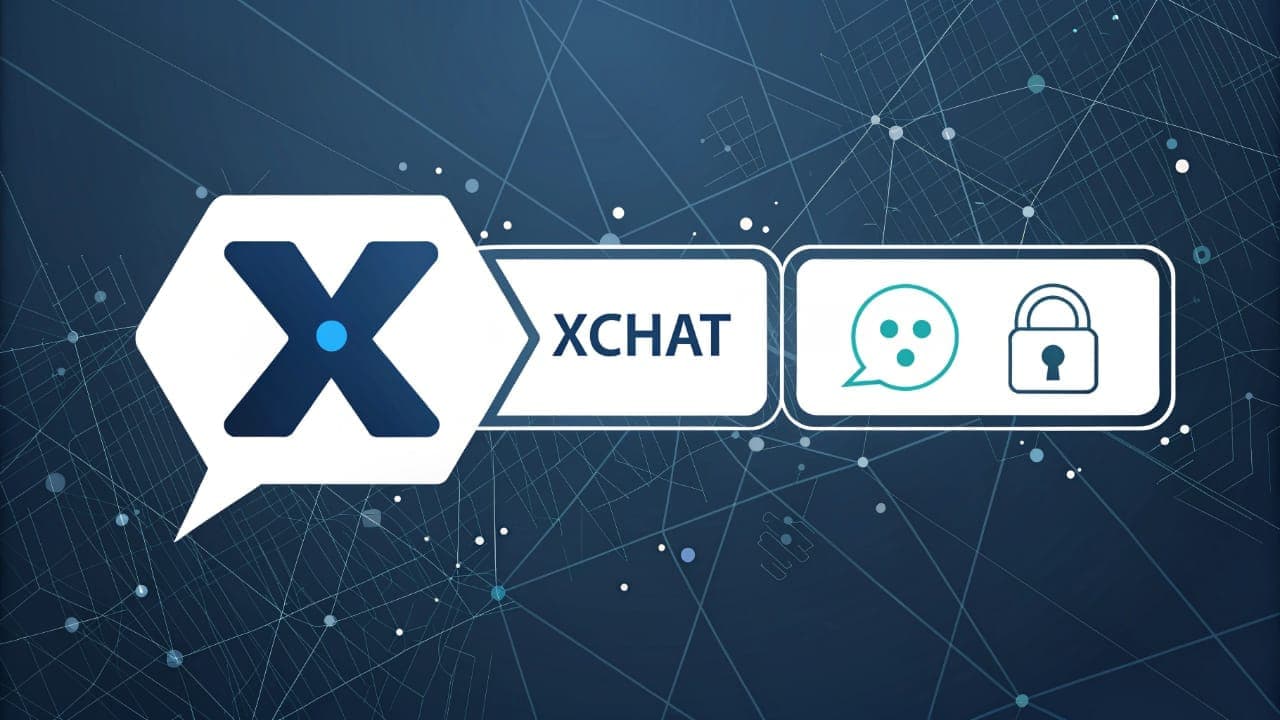
xAI Acquires X: How Musk Plans to Change the Future of AI
Elon Musk has announced that his AI startup, xAI, is acquiring the platform X (formerly known as Twitter) in a deal conducted entirely through a stock swap.
Furthermore, Musk clarified that this transaction values xAI at $80 billion, while X was assessed at $33 billion after accounting for $12 billion in outstanding debt.
Unifying Data and Technology into a Single Entity
Musk indicated that this strategic move aims to consolidate data, models, computational infrastructure, and distribution mechanisms under a single, unified entity.
Indeed, since acquiring X for $44 billion in 2022, Musk has consistently sought to transform it into a multi-functional platform.
Now, with this acquisition, it appears he intends to leverage it as a primary resource for training AI, capitalizing on the vast amount of data available through user posts.
Shifts in Ownership Structure and Investment Impact
According to reports published by The Wall Street Journal, shares of both X and xAI will be exchanged for stock in a newly formed entity named “xAI Holdings Corp.”
Apparently, the objective behind this restructuring is to simplify future fundraising efforts, with executives believing the consolidation will enhance appeal to potential investors.
In this context, it’s worth noting that X has experienced significant valuation fluctuations since Musk’s takeover.
For instance, during certain periods, its value dipped below $10 billion according to Fidelity assessments. However, it has recently regained some momentum, particularly following the election of Donald Trump, which noticeably increased the platform’s political influence.
xAI: A Fierce Competitor in the AI Race
xAI was established in 2023 with the explicit goal of competing against major AI players like OpenAI and Google DeepMind.
Remarkably, within a short period, the company achieved notable successes, largely due to attracting prominent talent from firms such as Microsoft and OpenAI, alongside building a massive infrastructure of data centers specialized in AI training.
Subsequently, last December, xAI secured $6 billion in funding, elevating its market valuation to $45 billion.
Now, following the acquisition announcement, this figure has surged to $80 billion, positioning xAI firmly among the leading companies in the field.
The Conflict with OpenAI
Despite xAI’s accelerating success, Musk has continued his legal battle with OpenAI, an organization he co-founded before departing due to disagreements over its commercial direction.
Specifically, Musk aims to obstruct OpenAI’s transition into a for-profit entity, a stance that led him to file a lawsuit against the company. Moreover, he reportedly made a $97 billion offer to acquire OpenAI last February, although its board ultimately rejected the proposal.
What Does This Acquisition Mean for the Future?
This consolidation provides xAI with an unprecedented competitive advantage.
Crucially, the X platform grants it access to an enormous database, complemented by an active user base exceeding 600 million people.
Given the escalating importance of data in training AI models, this acquisition could indeed become one of the most significant steps in reshaping the industry’s power dynamics.
On the other hand, Musk might face substantial legal challenges, particularly as regulatory authorities are closely monitoring any moves that could impact competition within the AI market.
Considering Musk’s track record of merging his companies in unconventional ways, the pivotal question remains: Will this acquisition prove to be a positive turning point, or will it ultimately lead to further legal entanglements?




